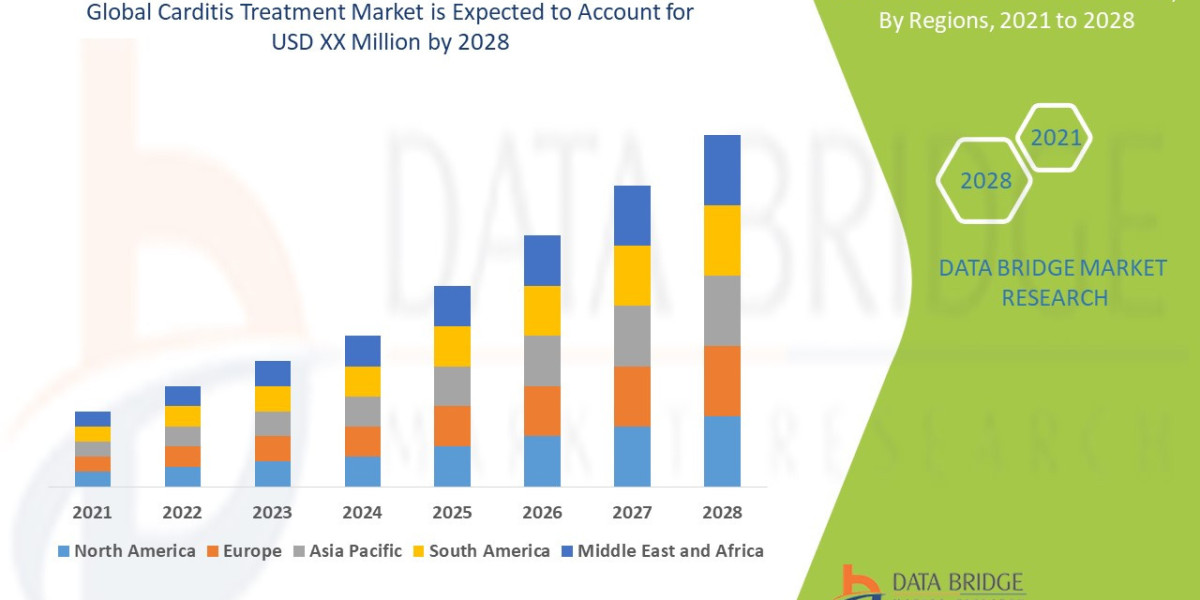The Smart Agriculture Farming Market is rapidly evolving as farms integrate digital technologies, sensors, automation tools, and data-driven systems to enhance productivity and sustainability. With rising global food demand, climate variability, and resource constraints, smart farming solutions are becoming essential for modern agriculture. Key developments such as precision farming, IoT-based monitoring, AI-powered analytics, and robotic automation are shaping a new future for efficient and resilient agricultural operations.
Precision Agriculture Technology Adoption
Precision agriculture remains at the core of the smart farming revolution, offering farmers advanced tools to optimize productivity and reduce input costs. Adoption is accelerating globally due to the rising need for accuracy and sustainable resource usage.
Key adoption trends include:
GPS-guided machinery improving planting, spraying, and harvesting accuracy
Remote sensing technologies identifying crop stress and nutrient deficiencies
Drones and aerial imaging providing real-time farm-health insights
Variable Rate Technology (VRT) enabling precise application of inputs
Soil and crop monitoring sensors supporting targeted and timely field interventions
Precision agriculture delivers measurable improvements in yield, input efficiency, and environmental impact, making it one of the most impactful segments of the smart farming ecosystem.
Smart Farming Automation Trends
Automation is redefining farm workflows by reducing labor dependency and improving operational consistency. Smart farming automation trends reflect a strong shift toward robotics, autonomous machinery, and AI-enabled systems.
Key automation advancements include:
Autonomous tractors and harvesters capable of running with minimal supervision
Robotic weeders and sprayers reducing chemical usage through targeted actions
Automated irrigation & fertigation systems optimizing water and nutrient supply
Agri-drones performing aerial spraying, crop mapping, and yield estimation
Automated livestock systems such as robotic milking, feeding, and health monitoring
Automation strengthens farm resilience, increases productivity, and helps manage labor shortages across agricultural regions.
IoT Solutions for Modern Agriculture
The integration of Internet of Things (IoT) technologies has introduced real-time visibility, control, and connectivity into farm operations. IoT solutions are transforming agriculture into a highly monitored and data-driven environment.
Key IoT applications in agriculture include:
Smart soil sensors measuring moisture, temperature, salinity, and fertility
Weather and climate stations supporting crop planning and risk forecasting
IoT-enabled irrigation controllers ensuring precision water use
Connected machinery transmitting equipment performance and fuel consumption data
Livestock IoT devices tracking health, behavior, and movement patterns
IoT empowers farmers to make informed decisions, reduce resource wastage, and improve crop and livestock health through continuous monitoring.
Data-Driven Farm Management Insights
Smart farms increasingly rely on digital platforms and analytics to guide strategic and operational decisions. Data-driven farm management captures insights from sensors, drones, equipment, and weather systems to maximize productivity.
Major insights include:
Predictive analytics for disease risk, weather events, and yield outcomes
Soil health and nutrient profiling enabling customized crop strategies
Input-use efficiency analytics reducing waste and improving profitability
Farm financial dashboards improving cost management and planning
Real-time crop health diagnostics supporting timely interventions
Data-driven management enhances accuracy, reduces uncertainty, and supports climate-smart agricultural practices.
Smart Agri-Tech Market Forecast
The outlook for the smart agri-tech market is highly promising with continuous innovation, growing digital adoption, and increasing government support for agricultural modernization.
Future growth will be driven by:
Expanding use of AI and machine learning for predictive agriculture
Rising deployment of robotics for repetitive, labor-intensive tasks
Increasing adoption of smart irrigation in water-stressed regions
Greater penetration of precision tools among small and mid-sized farms
Growing focus on sustainable farming and carbon-efficient practices
The smart agriculture market is set to expand significantly as farmers adopt integrated digital ecosystems that enhance productivity, profitability, and environmental sustainability.
Get More Reports







